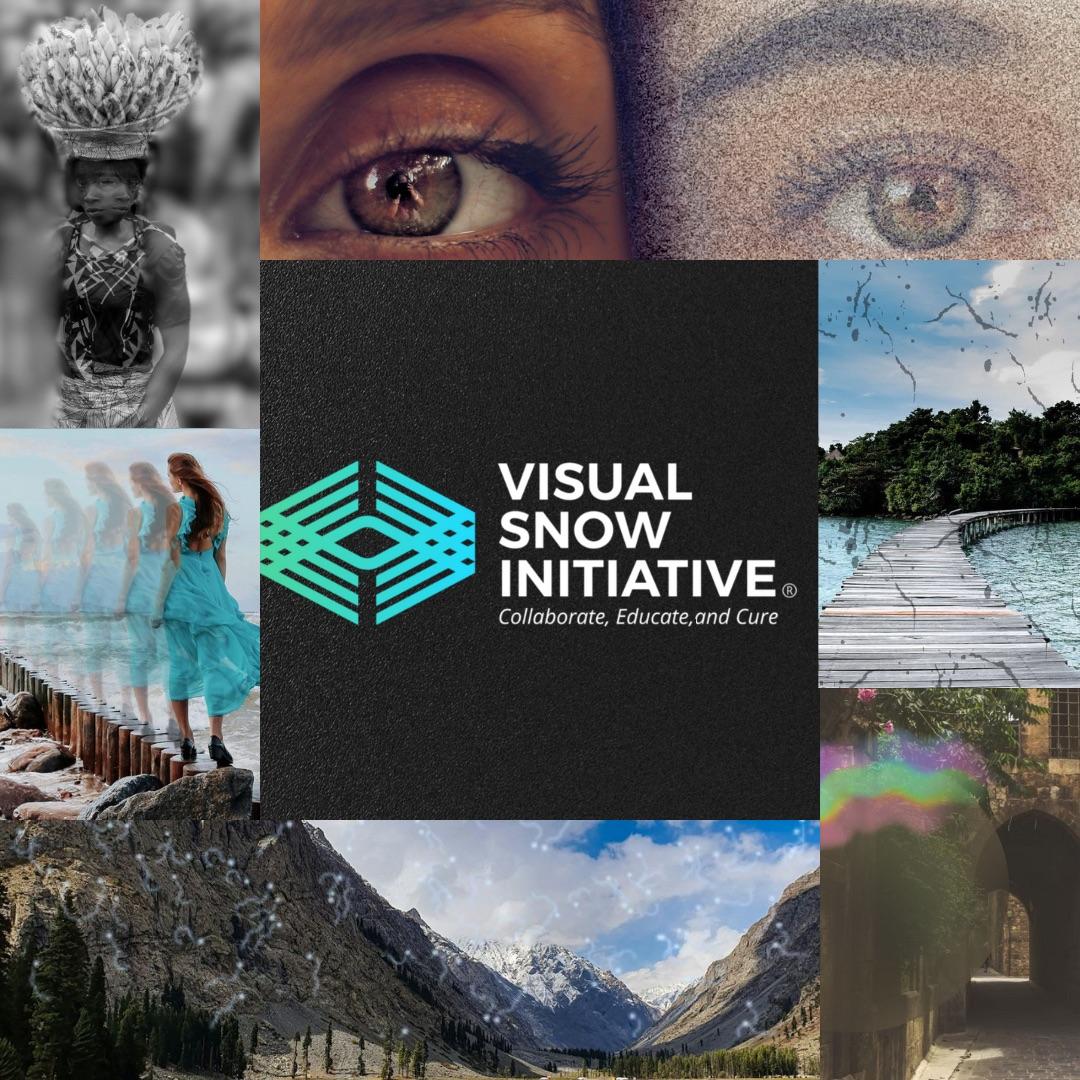

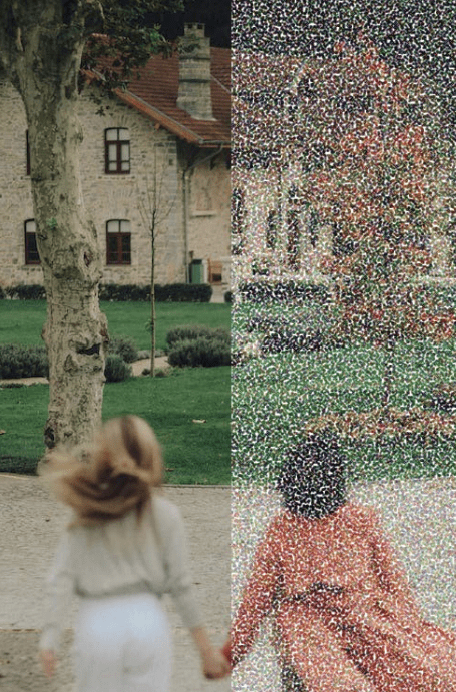
OUR MISSION
Visual Snow Initiative (VSI) is a nonprofit organization dedicated to global awareness, education, resources, patient advocacy, treatment development, and research for Visual Snow Syndrome.
After experiencing the onset of a debilitating neurological disorder called Visual Snow Syndrome, or VSS, Sierra Domb endured marginalization and mistreatment on behalf of the medical community, who knew nothing about her condition.
Vowing to find solutions and help others with VSS who faced similar struggles, in 2018, she organized the first Visual Snow Conference and founded the Visual Snow Initiative (VSI). Every day since then, the VSI team has worked diligently to facilitate collaborations between physicians and academic institutions, develop solutions alongside researchers, make neuroscience more palatable for everyone regardless of age or health literacy, and help individuals affected by VSS worldwide.
VSI funded critical research in 7 different countries that led to the clinical, scientific acceptance of VSS as a distinct, neurological condition (with both visual and non-visual symptoms), discoveries regarding the biological basis and pathophysiology of VSS, as well as the development of treatments for VSS symptoms where none existed. VSI also developed the first Diagnostic Criteria for VSS, created the first Global Directory of VSS Physicians, produced hundreds of educational videos about VSS for healthcare professionals and patients, established newfound awareness for VSS through multimedia content, and created physician-patient resources to improve health literacy, communication, and education regarding VSS.
VSI also achieved a historic milestone by securing the first-ever ICD recognition from the World Health Organization (WHO) for both Visual Snow Syndrome and its hallmark symptom, Visual Snow, characterized by the persistent presence of static or snow-like dots across the visual field at all times.
Our team consists of experienced and passionate VSS experts, physicians, scientists, and researchers from around the world who are dedicated to finding solutions. Their areas of exploration include symptomatology, pathophysiology, brain network mechanisms, neurotransmitters, biomarkers, and treatments. Their fields of expertise include neurology, neuro-ophthalmology, ophthalmology, optometry, neuroscience, neurobiology, and advanced technology.
As VSI continues its work toward a cure, our organization remains dedicated to fostering a more accessible, educated, inclusive, and supportive world for individuals of all ages affected by VSS.
All donations to the Visual Snow Initiative go directly to Visual Snow Syndrome research.
Sierra Domb Announces Historic ICD Milestone for Visual Snow Syndrome
In 2024-2025, Sierra Domb, alongside Dr. Peter Goadsby and Dr. Owen White, led a groundbreaking initiative through the Visual Snow Initiative (VSI) that achieved a historic milestone: securing official ICD recognition from the World Health Organization for both Visual Snow Syndrome (the neurological condition) and Visual Snow (the symptom of seeing static continuously). This achievement marked the first time Visual Snow Syndrome was globally recognized within the medical and scientific communities. It represents a monumental victory for individuals who have been marginalized and dismissed since the condition was first reported in 1944. By obtaining official recognition, VSI has opened the door to improved diagnosis, research, and treatment worldwide, providing long-awaited validation to those living with this historically-misunderstood condition.
Our Collaborators
Some of the institutions we have worked with and continue to work with include:
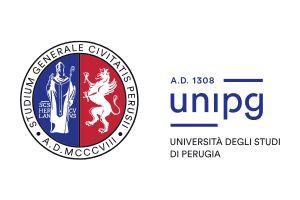
University of Perugia

Bournemouth University

University of Minnesota
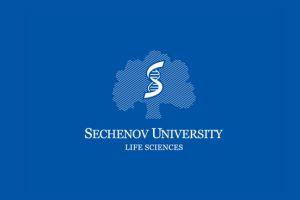
Sechenov University

Massachusetts Institute of Technology
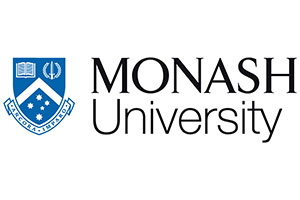
Monash University
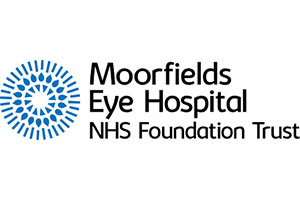
Moorfields Eye Hospital NHS Foundation Trust
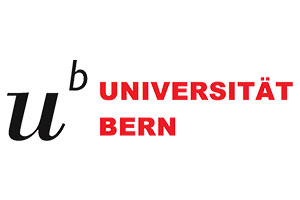
University of Bern

King’s College

University of Oxford
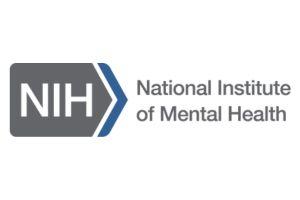
NIH (National Institutes of Health)

University of California, Los Angeles
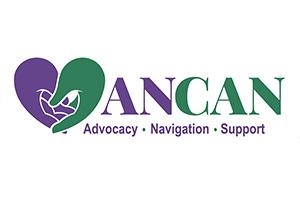
AnCan

University of Colorado
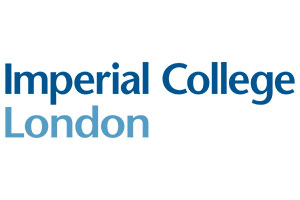
Imperial College
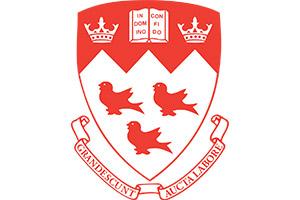
McGill University / Université McGill
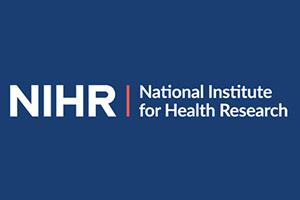
NIHR National Institute for Health and Care Research

Binghamton University
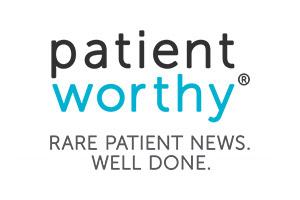
Patient Worthy: Rare Patient News. Well Done.
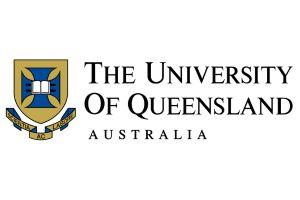
University of Queensland

York University
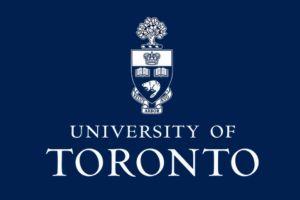
University of Toronto
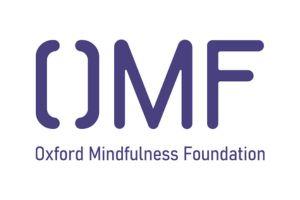
Oxford Mindfulness Foundation

University of Perugia

Bournemouth University

University of Minnesota

Sechenov University

Massachusetts Institute of Technology

Monash University

Moorfields Eye Hospital NHS Foundation Trust

University of Bern

King’s College

University of Oxford

NIH (National Institutes of Health)

University of California, Los Angeles

AnCan

University of Colorado

Imperial College

McGill University / Université McGill

NIHR National Institute for Health and Care Research

Binghamton University

Patient Worthy: Rare Patient News. Well Done.

University of Queensland

York University

University of Toronto

Oxford Mindfulness Foundation

University of Perugia

Bournemouth University

University of Minnesota

Sechenov University
Origin of the Visual Snow Initiative
The Visual Snow Initiative (VSI) was founded by Sierra Domb, who struggled, as many did, with the lack of information and resources available to those with Visual Snow Syndrome (VSS). It was difficult for VSS patients to understand their condition and for physicians to help them. Sierra realized that further awareness, education, research, and solutions for VSS were necessary in order to reduce the high frequency of intrusive and unnecessary medical testing, marginalization, misdiagnosis, trauma, and isolation that many people with VSS endure (but should not have to).
Global Awareness & Research
We have heard from people affected by VSS in over 93 countries. Our team collaborates with international VSS experts and connects them to maximize global research efforts. By working together to raise awareness, we can generate interest and funding for VSS studies.
Creating & Finding Solutions
Our team is committed to producing scientific studies, viable treatment options, and helpful physician-patient resources, such as diagnostic tools, clinical guides, and additional content to boost education, health literacy, and VSS patient empowerment.
Medical Professional Testimonials


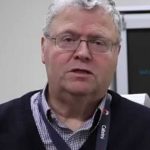





The Visual Snow Conference
Organized by Sierra Domb and the VSI team, one of their earliest efforts was the establishment of the first Visual Snow Conference in history. Held on May 5th, 2018, at UCSF, Sierra and her team hosted a free summit that brought together patients, their families, and VSS experts from around the world. Doctors, researchers, and scientists with knowledge of VSS flew in from Australia, Canada, England, and various cities in the United States. Alongside Sierra, their words offered acknowledgement and validation to patients and their families. Everyone involved sought to raise awareness, share the current body of research, provide education, offer resources, and foster understanding for VSS.

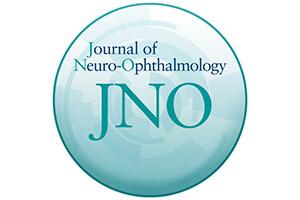
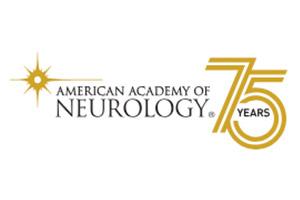
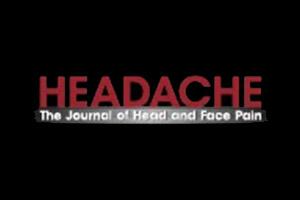
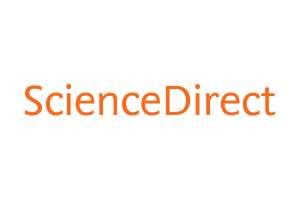

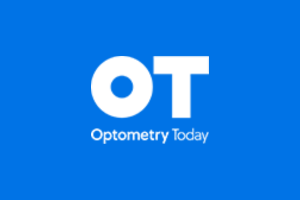


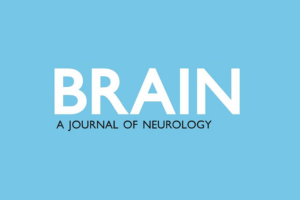



























































































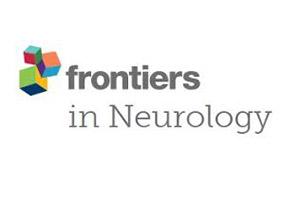

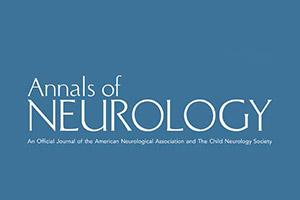

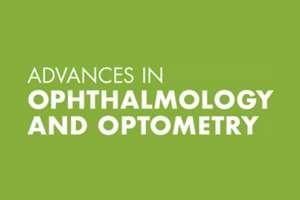

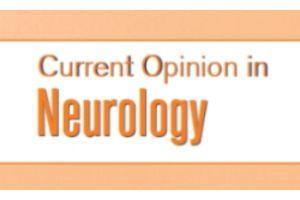


















































































Medical/Scientific
Publications
Our global impact and VSI-funded research studies have been published in the following medical/scientific journals and clinical databases:
Support Visual Snow Syndrome Research
All donations to the Visual Snow Initiative go directly to Visual Snow Syndrome (VSS) research.
Your tax-deductible contribution ensures that global research will continue and makes a positive difference in the lives of people affected by VSS.

